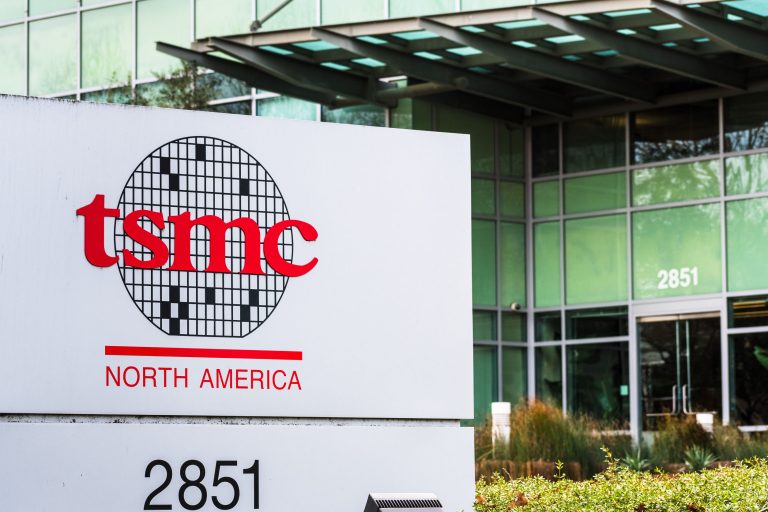Taiwan Semiconductor Manufacturing Co. (TSMC) is at the centre of a geopolitical and economic tug-of-war as it navigates US efforts to localise semiconductor manufacturing.
While the Biden administration allocated $6.6 billion under the CHIPS and Science Act to support TSMC’s three Arizona-based fabrication plants, the landscape may shift under a Trump administration, raising questions about the sustainability of this funding.
The CHIPS Act
Signed into law in August 2022, the CHIPS Act earmarked nearly $53 billion for rebuilding America’s semiconductor industry.
This initiative was motivated by concerns over supply chain vulnerabilities and a reliance on overseas manufacturing, particularly in Taiwan and China. With its Arizona facilities, TSMC became a key partner in the US strategy to mitigate these risks.
Donald Trump’s scepticism of the CHIPS Act casts doubt on its future. The President-elect has criticised the legislation during his campaign, arguing that tariffs were a more effective tool for boosting domestic manufacturing.
Trump’s accusation of Taiwan “stealing” US chip jobs adds further tension, despite bipartisan support for the act in Congress.
These factors could create a policy crossroads, potentially disrupting the flow of funds to TSMC and other beneficiaries.
TSMC’s Arizona operations
TSMC’s investment in Arizona represents a transformative step for the semiconductor industry.
Its first plant began producing advanced chips in the fourth quarter of last year, while the second plant is expected to be operational by 2028.
Together, the projects represent a $65 billion investment, making it one of the most significant foreign direct investments in US history.
The success of these plants is vital not only for TSMC but also for the US economy, as they aim to produce cutting-edge chips used in artificial intelligence, defence, and consumer electronics.
Despite early setbacks, TSMC has received $1.5 billion in federal funding, with additional support tied to construction and production milestones.
This incremental funding model underscores the Biden administration’s commitment to the project, but Trump’s policy revisions could disrupt this trajectory.
Impact on global semiconductor landscape
The outcome of TSMC’s CHIPS Act funding battle has implications far beyond Arizona. For the US, cutting off funding could weaken its ability to compete with China in the semiconductor race.
For Taiwan, which views TSMC as a symbol of national pride and economic strength, the funding debate adds another layer of complexity to its relationship with the US.
A policy reversal could also signal a shift in US priorities, potentially favouring domestic firms over foreign entities.
Such a move would complicate TSMC’s expansion plans and could lead to supply chain disruptions that ripple across industries dependent on its chips.
Moreover, altering the CHIPS Act could send mixed signals to other international firms considering investments in the US.
TSMC navigating uncertainty
While the CHIPS Act has provided a solid foundation for TSMC’s US expansion, the company faces a delicate balancing act as it adapts to changing political dynamics.
TSMC has emphasised its commitment to transparency and collaboration with US authorities, positioning itself as a trusted partner regardless of the administration in power.
The challenge lies in maintaining this momentum if Trump prioritises alternative strategies for achieving semiconductor independence.
The stakes are high, not only for TSMC but also for the broader semiconductor industry. With the global demand for advanced chips accelerating, the outcome of this funding debate will shape the future of technology and innovation on an international scale.
The post Will TSMC’s CHIPS Act funding survive Trump’s ‘chip theft’ accusations? appeared first on Invezz

